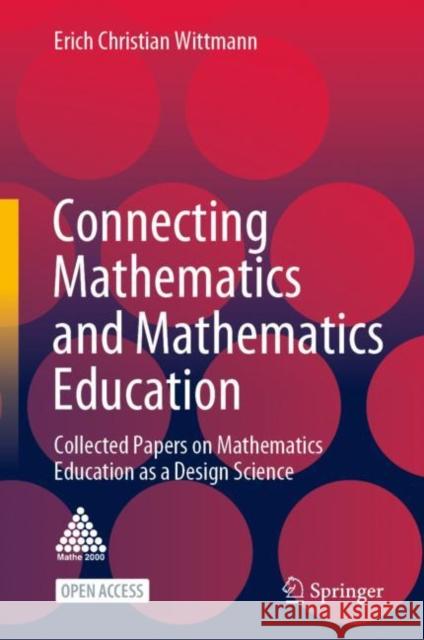Connecting Mathematics and Mathematics Education: Collected Papers on Mathematics Education as a Design Science » książka
topmenu
Connecting Mathematics and Mathematics Education: Collected Papers on Mathematics Education as a Design Science
ISBN-13: 9783030615697 / Angielski / Twarda / 2020 / 318 str.
Connecting Mathematics and Mathematics Education: Collected Papers on Mathematics Education as a Design Science
ISBN-13: 9783030615697 / Angielski / Twarda / 2020 / 318 str.
cena 201,24
(netto: 191,66 VAT: 5%)
Najniższa cena z 30 dni: 192,74
(netto: 191,66 VAT: 5%)
Najniższa cena z 30 dni: 192,74
Termin realizacji zamówienia:
ok. 16-18 dni roboczych.
ok. 16-18 dni roboczych.
Darmowa dostawa!
Kategorie:
Kategorie BISAC:
Wydawca:
Springer
Język:
Angielski
ISBN-13:
9783030615697
Rok wydania:
2020
Wydanie:
2021
Ilość stron:
318
Waga:
0.63 kg
Wymiary:
23.88 x 19.56 x 1.78
Oprawa:
Twarda
Wolumenów:
01











